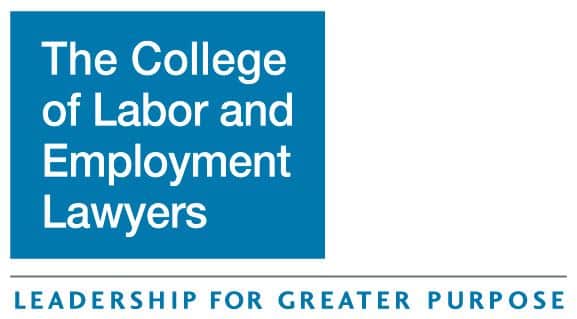Earlier this month, a federal judge in Iowa declined to award a pre-trial dismissal to either Tyson Foods or a group of Tyson workers suing the company for unpaid overtime. Therefore, unless the case is resolved via a settlement, a jury trial is a certainty.
Tyson, one of the world’s largest meat processors and marketers, operates several production facilities in Iowa. Workers at these facilities are employed to kill and process pigs and other animals. Tyson pays these workers for the time they spend on the kill, cut, and conversion lines. Additionally, before February of 2007, Tyson paid these workers four minutes per day for donning and doffing (putting on and taking off) their personal protective equipment (frocks, hard hats, ear plugs, arm guards, scabbards, gloves, etc.).
In 2007, workers sued Tyson alleging that they were not being paid for all their time because they spend more than four minutes per day waiting for their equipment, putting it on and taking it off, washing it, and walking to and from their line positions. Moreover, since they were already working at least forty hours a week, the workers alleged that they were entitled to be paid at one-and-a-half times their regular rate of pay for this unpaid time. (The Fair Labor Standards Act requires that employees be paid at least the minimum wage for all hours worked, and one and one-half times their regular rate of pay for all time worked in excess of forty hours per week.)
Tyson responded to the workers’ lawsuit by asking the judge to grant summary judgment (which is essentially a request to dismiss the lawsuit prior to a jury trial on the merits) in its favor. Tyson argued that, according to a certain 2009 ruling from the Fourth Circuit Court of Appeals, it should not have to pay the workers for work activities performed during an unpaid lunch break since the lunch break was not predominantly for the benefit of the employer. However, the federal court in Iowa rejected this argument, noting that even the Fourth Circuit had moved away from its own ruling. Also rejected was Tyson’s argument that the unpaid time could be ignored under the de minimis doctrine, which is basically an argument (raised by employers) that the unpaid time claimed by employees is such a small amount of time that it cannot as a practical matter be recorded for payroll purposes, and therefore, should not be compensable.
The Tyson workers filed their own motion for summary judgment, which was also denied by the Iowa federal court. Barring a settlement, the case will now proceed to trial. It is not uncommon for cases such as this to settle prior to trial, as many employers prefer the certainty of a settlement rather than the risk and cost associated with a jury trial.
If you spend time performing work-related tasks for which you are not paid, you may be entitled to additional compensation. In order to better understand your legal rights, you should consult a St. Louis overtime lawyer.












